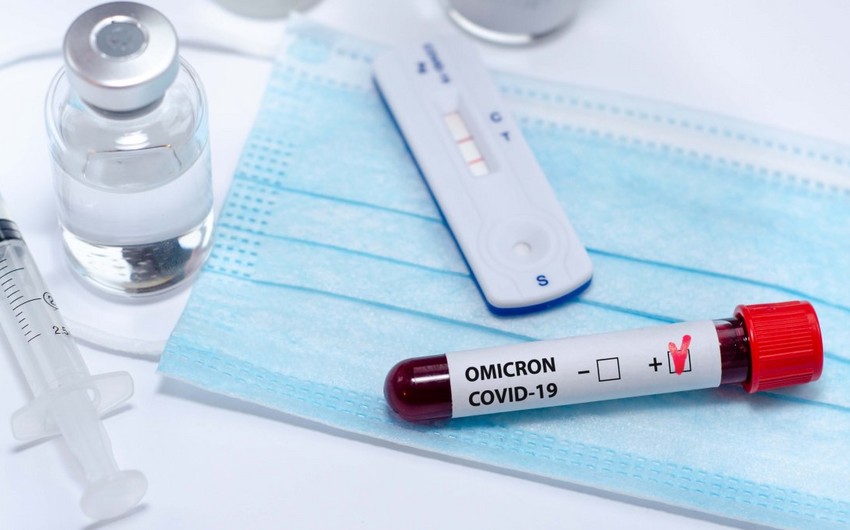The discovery of the Omicron variant in white-tailed deer in New York has raised concerns that the species, numbering 30 million in the US, could become hosts of a new coronavirus strain, Report informs referring to Reuters.
Blood and some nasal swab samples from 131 deer captured on New York’s Staten Island revealed that nearly 15% had virus antibodies. The finding suggested that the animals had previous coronavirus infections and were vulnerable to repeated reinfections with new variants, researchers led by Pennsylvania State University scientists said.
The discovery - the first time Omicron was detected in a wild animal - comes as a surge in COVID-19 infections fueled by the variant are abating among the US human population.
While there is no evidence that animals are transmitting the virus to humans, most coronavirus infections were reported in species that had close contact with a person with COVID-19, according to the US Department of Agriculture.
The finding was based on samples collected from deer months before the heavily mutated variant Omicron emerged to replace the previously dominant Delta variant in people in countries around the world.
The USDA had previously reported COVID-19 in animals including dogs, cats, tigers, lions, snow leopards, otters, gorillas and minks.


 https://static.report.az/photo/08bc4696-4a65-36ae-9d21-b73acdebafa6.jpg
https://static.report.az/photo/08bc4696-4a65-36ae-9d21-b73acdebafa6.jpg

